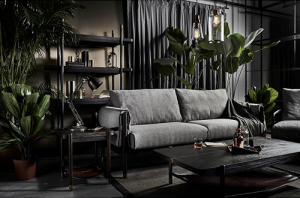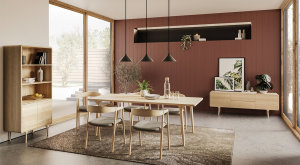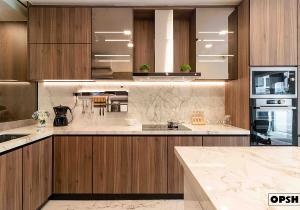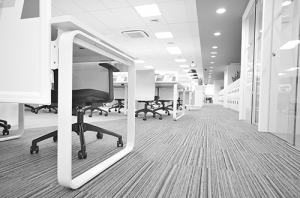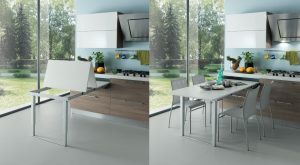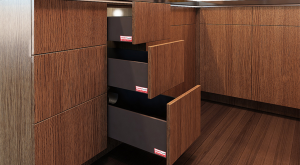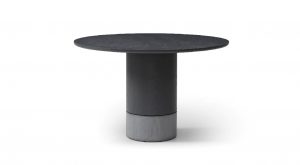Featured Post
How to Choose the Perfect Bar Stool for Your Home
Picking the right bar stool can turn your kitchen or bar area into a comfy, stylish spot. This guide walks you through key steps—height, style, material, comfort, and more—to find the perfect fit for your home.
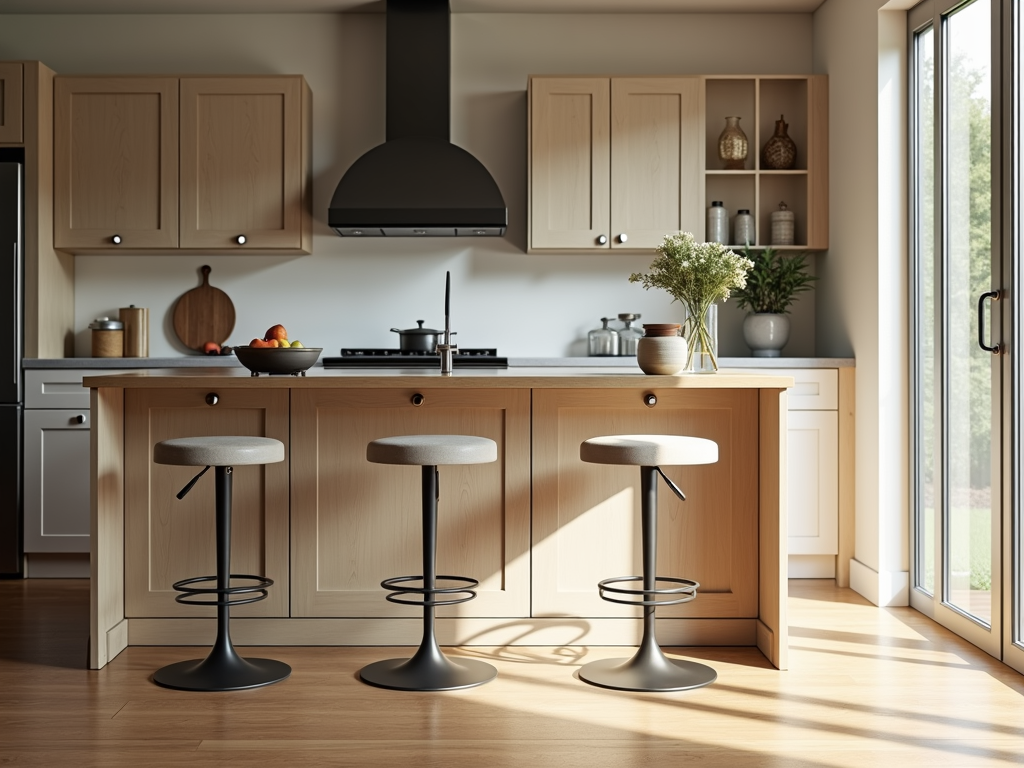
1. Measuring for the Right Height
Start by measuring your counter or bar height. It’s the foundation of choosing a bar stool that feels right. Standard counters sit at 36 inches, while bars reach 42 inches. Match that with a stool height of 24-26 inches for counters or 28-30 inches for bars.
Here’s a quick guide:
| Counter Height | Stool Height |
|---|---|
| 36 inches | 24-26 inches |
| 42 inches | 28-30 inches |
Leave 10-12 inches between the stool seat and the counter for legroom. I once skipped this step and bought stools too short for my counter. Eating breakfast felt awkward until I swapped them out!
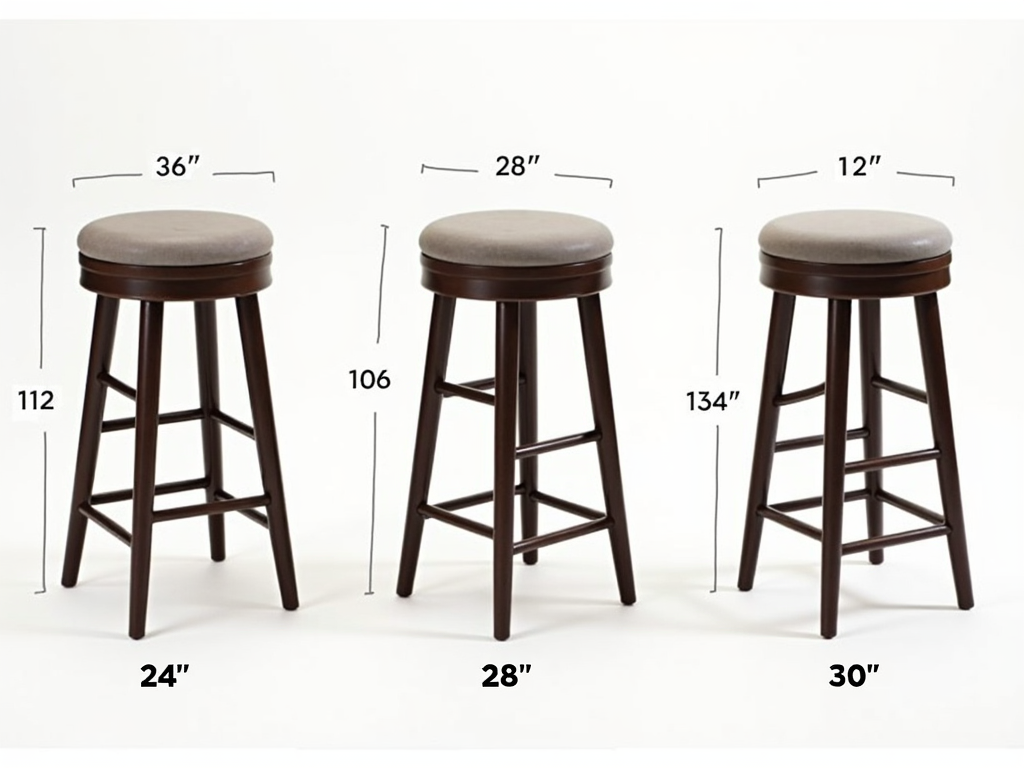
2. Choosing the Right Style
Bar stools come in all kinds of looks—modern, traditional, industrial, rustic. Pick one that fits your home’s vibe. Modern stools have clean lines and often use metal. Traditional ones lean toward wood with cozy details. Industrial mixes raw metal and wood, while rustic feels warm with natural textures.
Think about your space. My kitchen has a modern edge, so I went with sleek metal stools. They tie the room together perfectly. Match your stool to your decor for a seamless look.
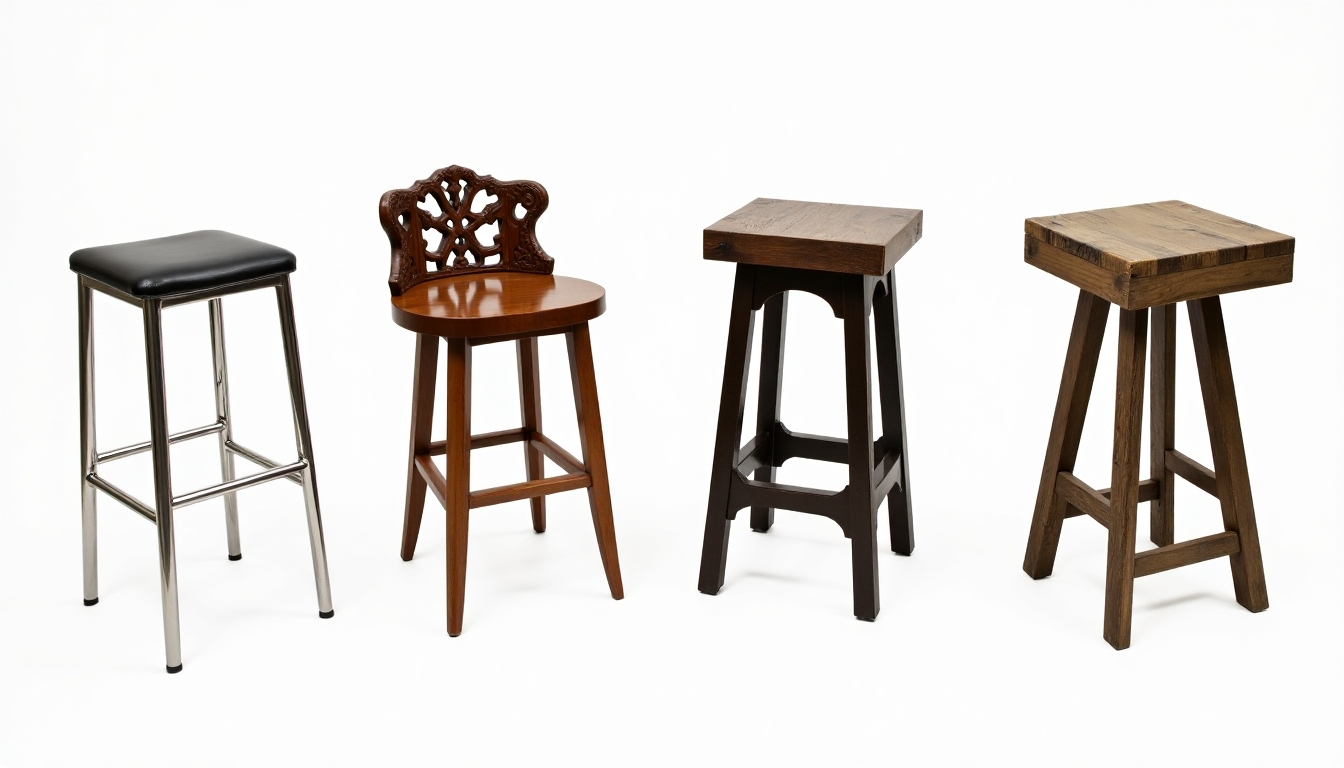
3. Selecting the Best Material
The material changes how your bar stool looks, lasts, and feels. Wood brings warmth but needs care to avoid scratches. Metal lasts long and wipes clean easily, though it might feel cold. Plastic is light and fun but can crack. Upholstered stools add comfort with fabric or leather, but stains are tricky.
Here’s a breakdown: - Wood: Durable, classic; needs polishing. - Metal: Tough, low-maintenance; can dent. - Upholstered: Soft, stylish; harder to clean.
I chose metal for my outdoor bar—super easy to maintain. Pick what suits your lifestyle.
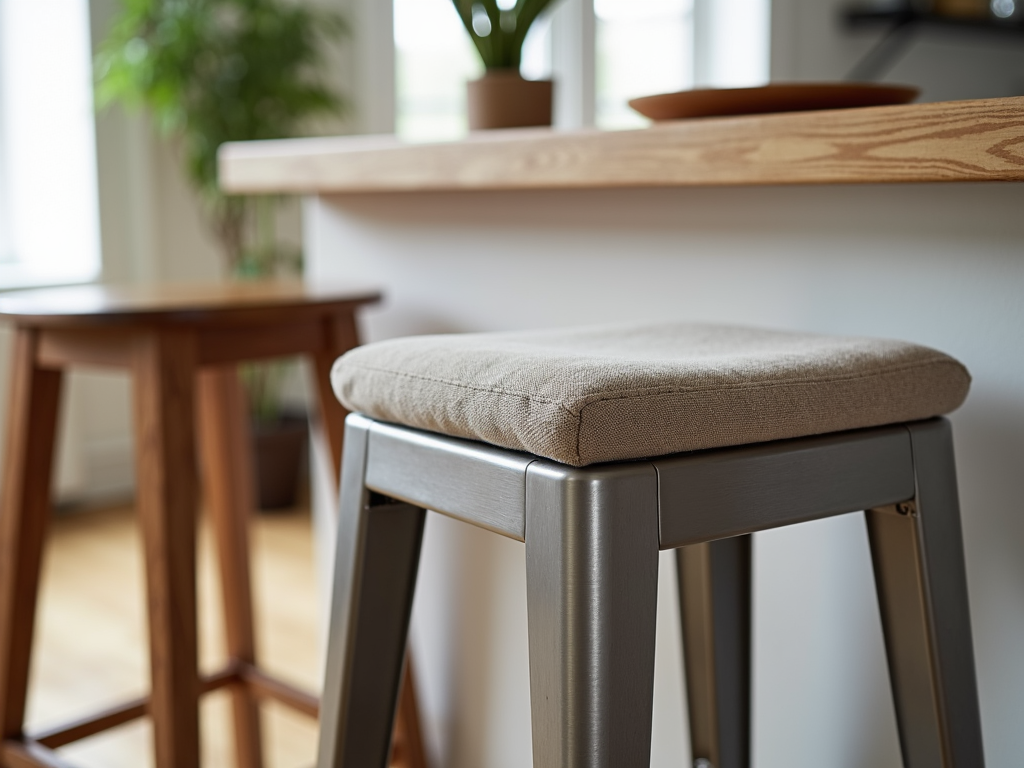
4. Prioritizing Comfort
If you’ll sit for a while, comfort matters. Look for backrests to support your spine, footrests to relax your legs, and padding for softness. Ergonomics play a big role—your feet should rest flat, and thighs should stay level.
According to the Human Factors and Ergonomics Society, good seating cuts down on back pain. I once bought a gorgeous stool with no backrest. It looked great but hurt to sit on for long. Now, I test comfort first.
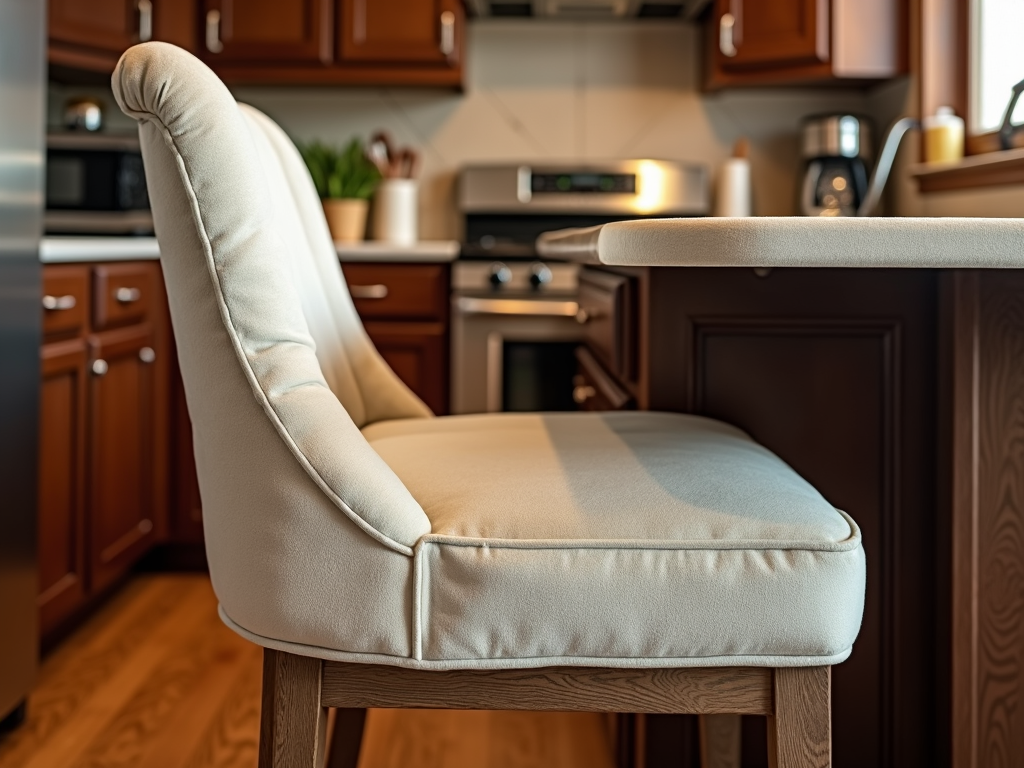
5. Considering Functionality
Extra features can make a bar stool even better. Swivel stools let you turn easily—great for chatting. Adjustable heights work for different people or counters. Stackable ones save space in small homes.
I live in a tiny apartment, so stackable stools are my go-to. They tuck away neatly. Think about your needs: kids might love adjustable stools, while swivel ones shine in social spaces.
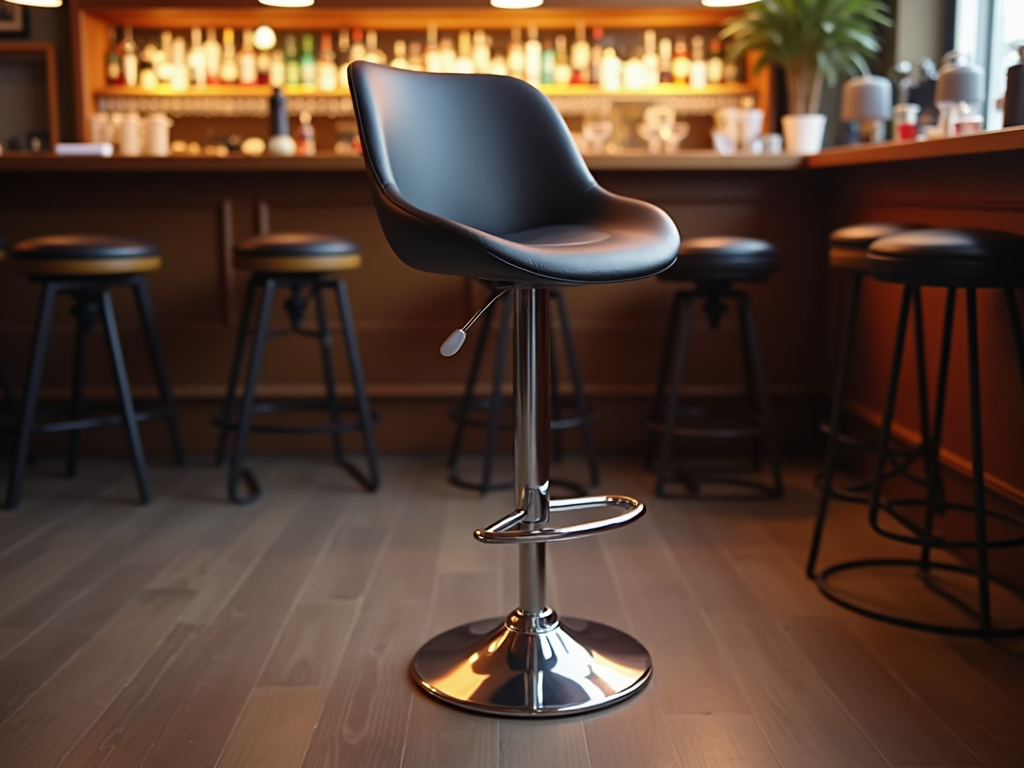
6. Budget Considerations
Quality bar stools range from $50 to $500. Cheap ones might wobble or break fast, but pricey doesn’t always mean better. Set a budget, then hunt for deals. Sales at big stores or second-hand finds can score you solid furniture.
Consumer Reports suggests balancing cost and durability. I splurged on sturdy stools once—they’ve lasted years. Invest where it counts, but don’t overspend.
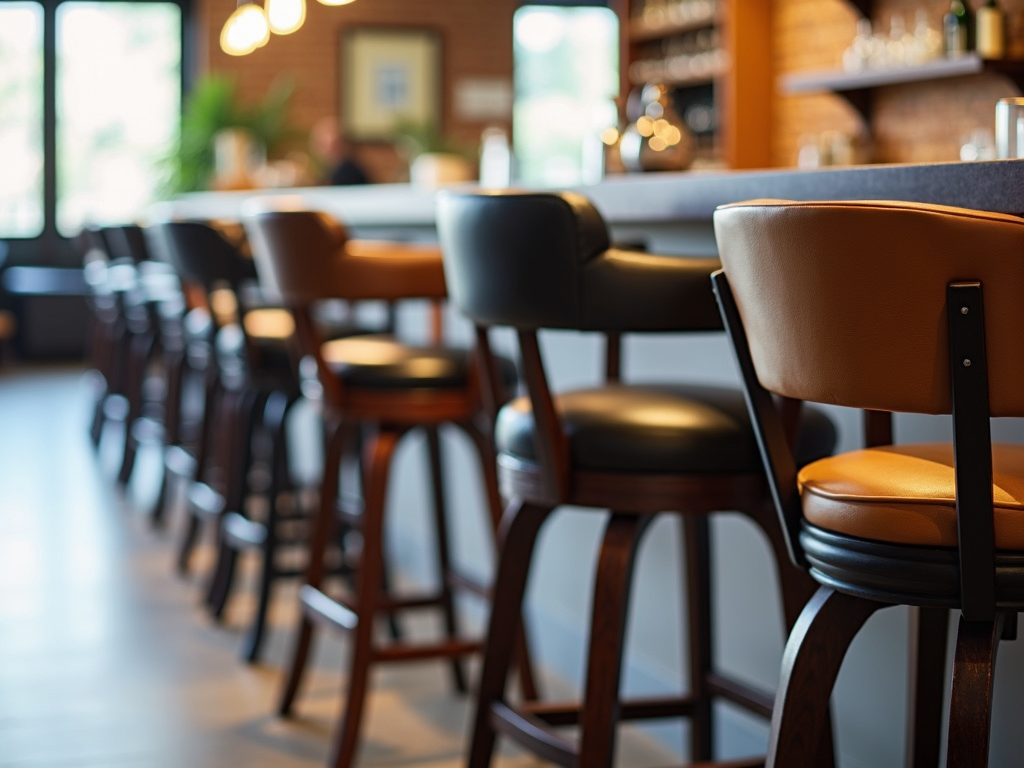
7. Maintenance and Care
Keep your stools looking good with simple care. Wipe metal with a damp cloth. Polish wood to prevent drying—use coasters to avoid rings. Spot-clean upholstery with mild soap. Check screws every few months to keep them tight.
I learned the hard way when my wooden stool warped from spills. Now, I’m quick with a cloth. Regular upkeep makes furniture last longer.
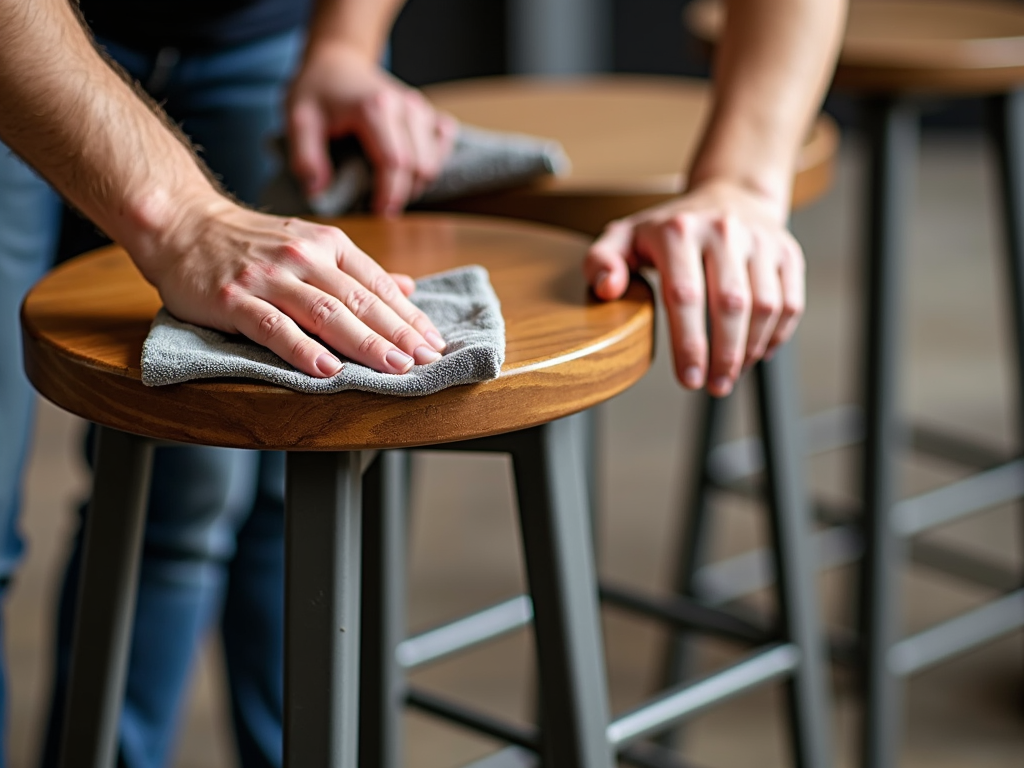
Summary
Finding the perfect bar stool for your home means weighing height, style, material, comfort, functionality, budget, and care. Measure your space, match your decor, and prioritize comfort. Quality matters, but smart shopping keeps costs down. With these tips, your bar stool will boost both style and function.


